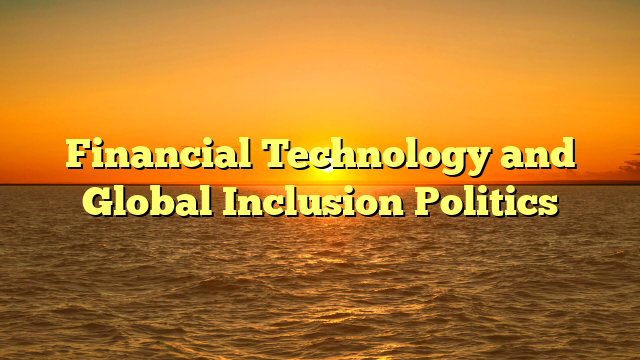Financial technology (fintech) is not just reshaping banking — it’s influencing global politics and economic inclusion. Mobile banking, digital currencies, and Slot777 login blockchain-based payment systems are transforming how states and populations interact with money.
Countries in Africa, Asia, and Latin America are leading in adoption. Kenya’s M-Pesa, Nigeria’s digital banking initiatives, and India’s Unified Payments Interface (UPI) exemplify how fintech can expand financial inclusion and empower previously unbanked populations.
Yet fintech also raises regulatory and geopolitical questions. China’s digital yuan challenges the dominance of the U.S. dollar, while decentralized cryptocurrencies complicate monetary sovereignty. Nations fear financial instability and cyber threats, prompting urgent regulatory frameworks.
International organizations such as the IMF and World Bank are emphasizing responsible fintech adoption, promoting policies to prevent fraud, money laundering, and systemic risk. Private companies, meanwhile, increasingly act as global actors, influencing both finance and governance.
“Fintech is a political as well as economic tool,” said World Bank economist David Malpass. “It can empower citizens, but also redefine global power structures.”
The rise of digital finance illustrates that economic inclusion and geopolitical strategy are intertwined in the emerging global order.
